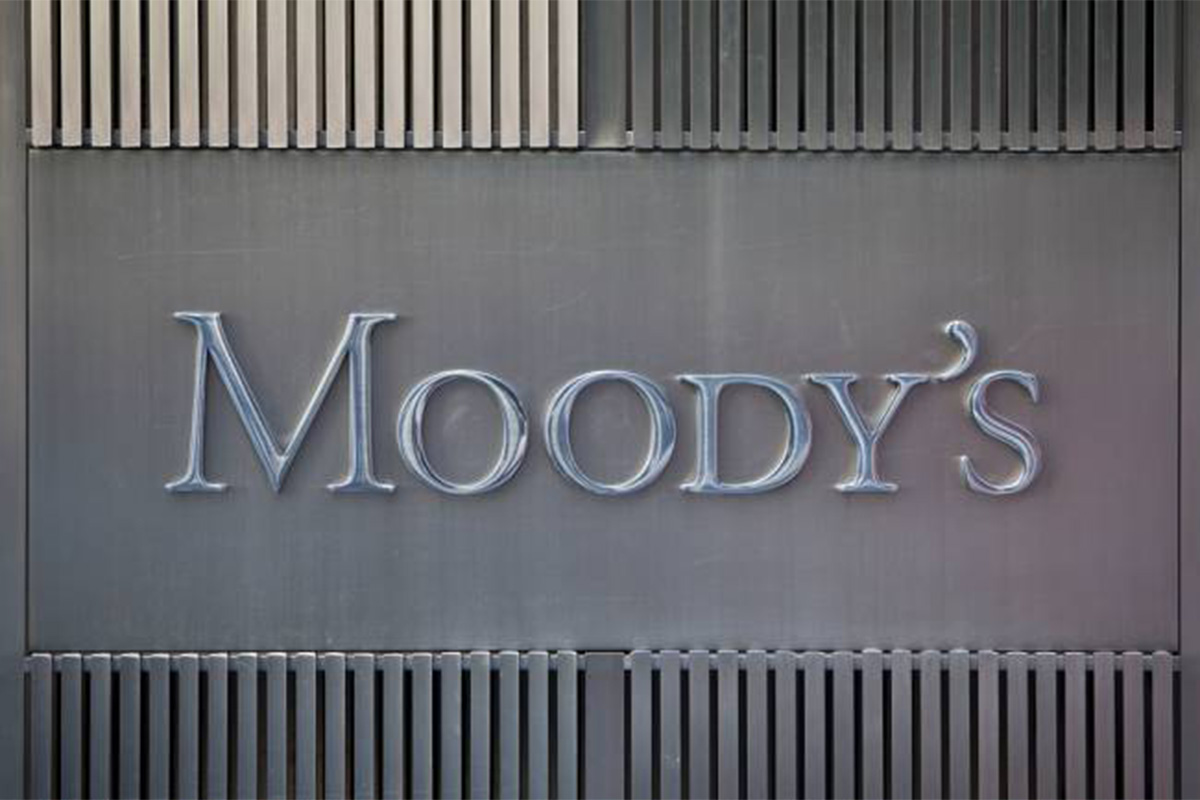The outlook for the global steel industry has been revised to stable from negative, Moody’s Investors Service has said in a new report.
Demand is picking up as pandemic-related lockdowns are eased and supporting industries resume production, though a virus resurgence is still a key risk for steelmakers.
Advertisement
“Demand for steel is improving on a resumption of production in important end markets and on stronger global economic data, particularly in China,” said Carol Cowan, a Moody’s Senior Vice President.
“We expect operating conditions for steelmakers to continue to improve over the next 12 to 18 months, barring a resurgence of the coronavirus.”
After pandemic-related shutdowns, production is now ramping up in the automotive and industrial sectors, Cowan says.
Meanwhile, the construction sector, the largest consumer of steel worldwide, has remained resilient throughout the pandemic and even picked up in countries with infrastructure- focused stimulus programmes, such as China.
However, decreasing backlogs and declining new bids are risks for the construction industry in 2021.
In steelmakers’ key end markets, purchasing manager indexes (PMIs) a rerising from low levels, with the US, Eurozone and China (55..4, 53.7, 51. 5 respectively) now above 50, indicating expansion.
And while Moody’s macroeconomic board forecasts a 4.6 per cent contraction in G-20 economies in 2020, it expects 5.3 per cent growth in 2021. Many important steel-consuming regions will follow a similar pattern, with the exception of China, which will see GDP grow by 1.9 per cent in 2020 and by 7.0 per cent in 2021.
Capacity utilization is improving but remains well below pre-pandemic levels as the recovery lags in some regions and sectors, Moody’s said.
The rating agency’s outlooks for industries including Global Automotive, Chemicals – North America and EMEA, Global Integrated Oil & Gas, Global Oil Exploration and Production, and Global Manufacturing have all moved to stable from negative, while the outlook for Oilfield Services and Drilling remains negative.











